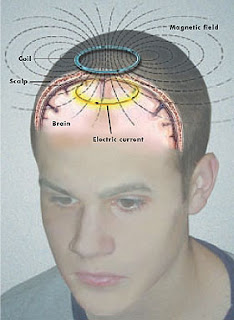With the
recent crisis in Georgia (
note: the country) slowly
coming to a close (
hat tip: Hot Air), many are wondering how this latest conflict will affect NASA's
relationship with Russia--especially regarding transportation of US astronauts towards the
International Space Station (aka ISS).
While only time will tell whether or not Russia reaches out towards its former allies, one thing is clear--NASA may no longer be able to rely upon the international community to send its "boys and girls" beyond the sky, leaving them with no "dedicated" access towards the ISS (and beyond) during the gap.
Even though some may see this new dilemma as a crisis, this may perhaps be a golden opportunity for the private space sector (aka NewSpace) to prove their worth towards NASA--not to mention the public as well (
hat tip: Space Transport News).
(Guardian.co.uk) SpaceX's offices are in the aptly named Rocket Drive, close to Hawthorne Municipal Airport in Los Angeles. And it has lofty ambitions. Nasa's Space Shuttle is due to be retired in 2010, when Musk's company hopes to take its place as the leading provider of launches.
SpaceX won an award of $278m from Nasa for three demonstration flights of its Falcon 9 rocket, which will carry the Dragon spacecraft - a vehicle that will be able to transport cargo or seven crew members. This will culminate with a dock and delivery and return of cargo with the International Space Station.
If that is successfully completed, there will be an option of similar value for passenger launches to and from the space station. This, coupled with commercially booked missions into 2011, means that SpaceX is profitable, it says - even though it has yet to get a rocket into orbit.
If
SpaceX (as well
as others) are successful, humanity may witness a new era of space exploration where the private sector begins to replace the government as the main transport service beyond the heavens, reducing the overall cost of launching material into space.
While this may mean that expensive projects
like the ISS will be replaced by better,
less expensive alternatives, it could also help transform NASA into a regulatory agency (similar to the
FAA), instead of having to "bend the metal" themselves.













![ColonyWorlds[at]Gmail[dot]com](http://img.photobucket.com/albums/v438/hiddennook/ColonyWorlds.png)






